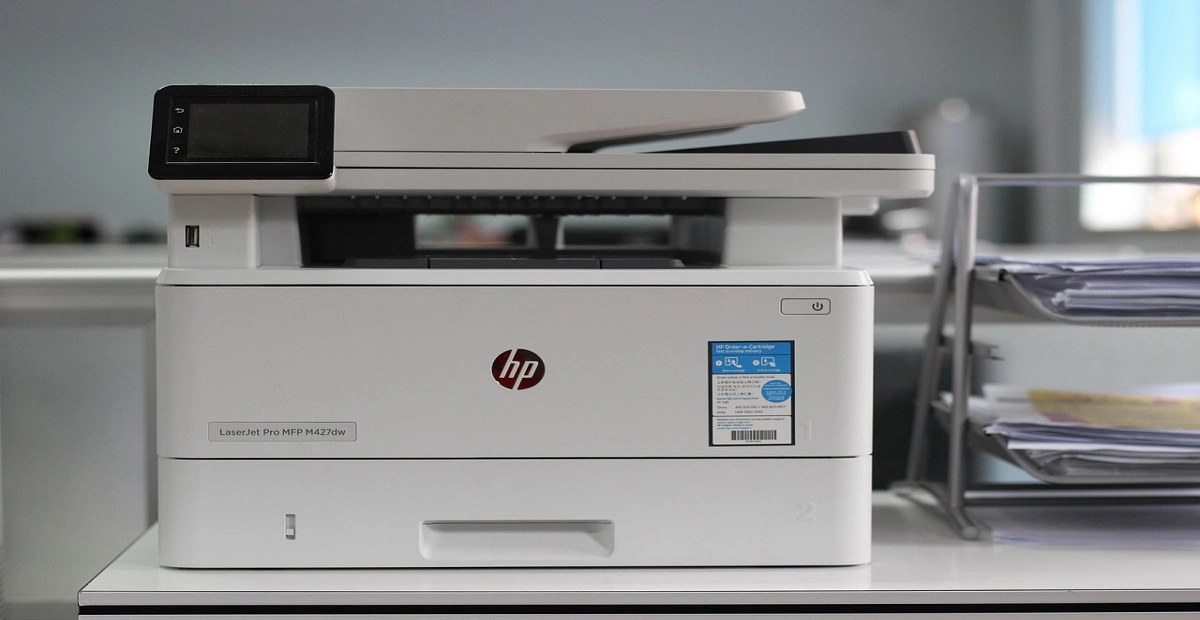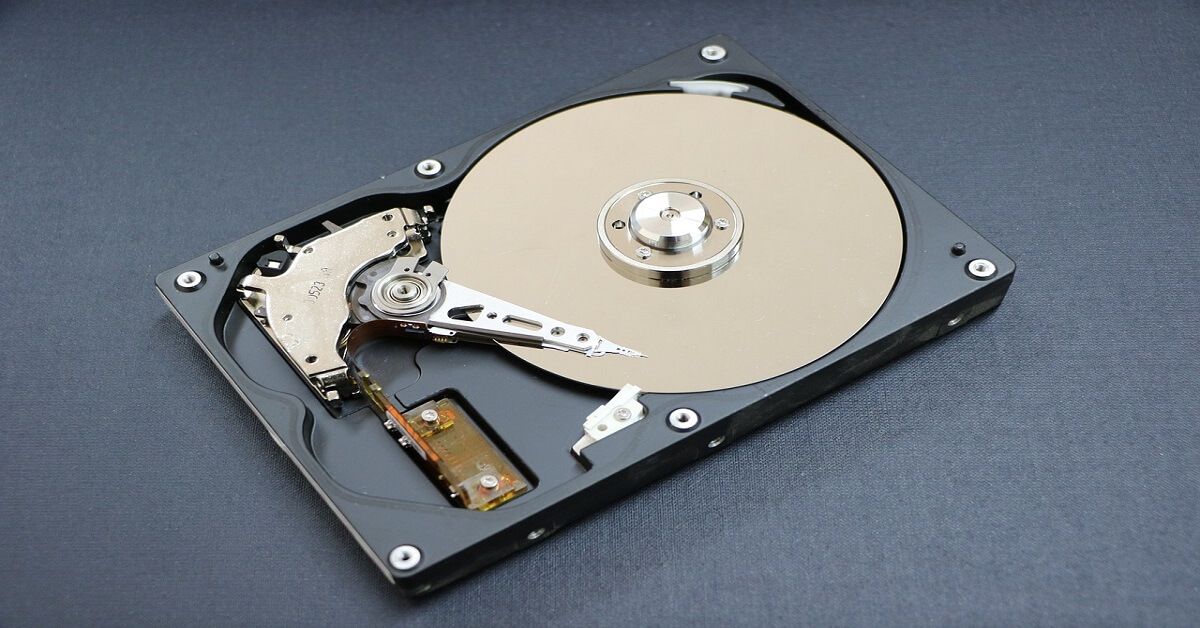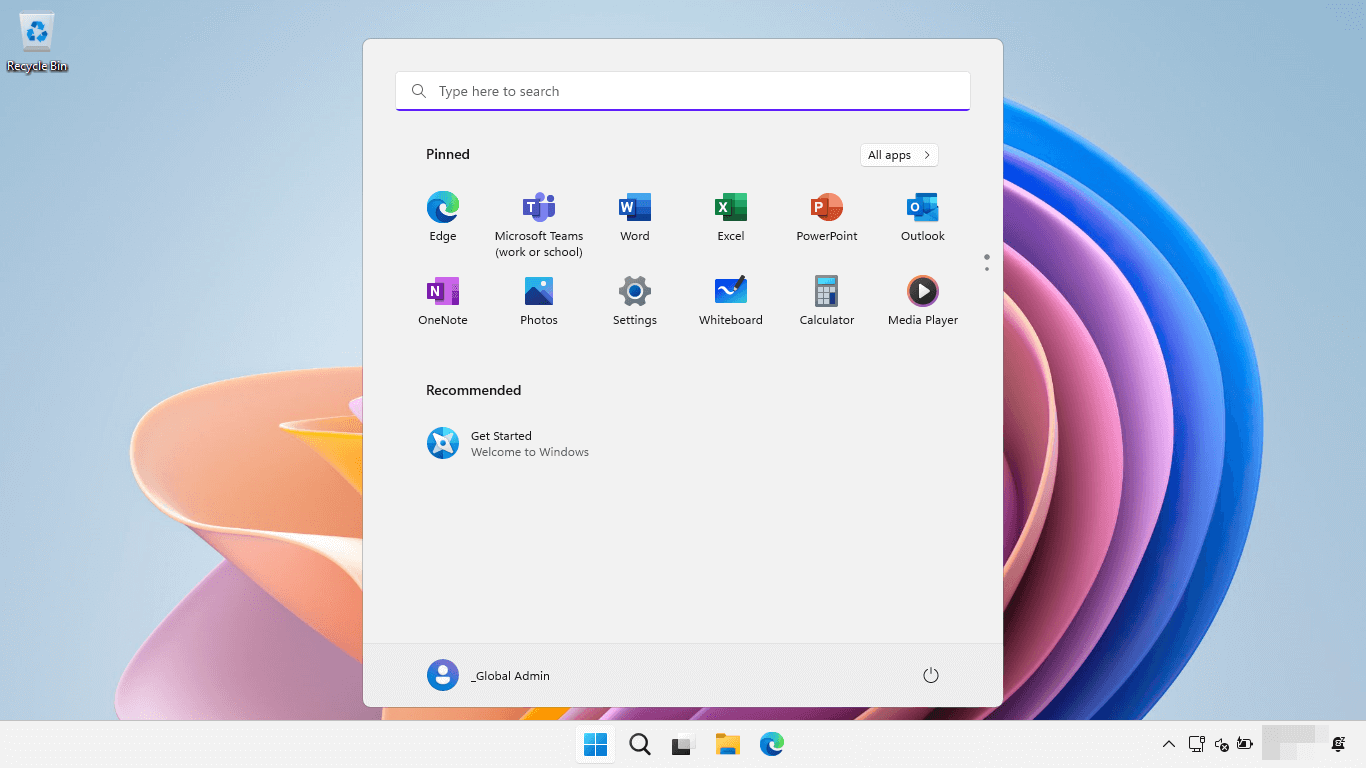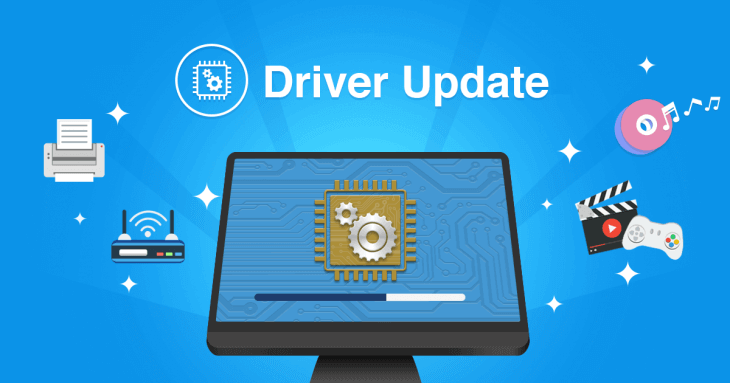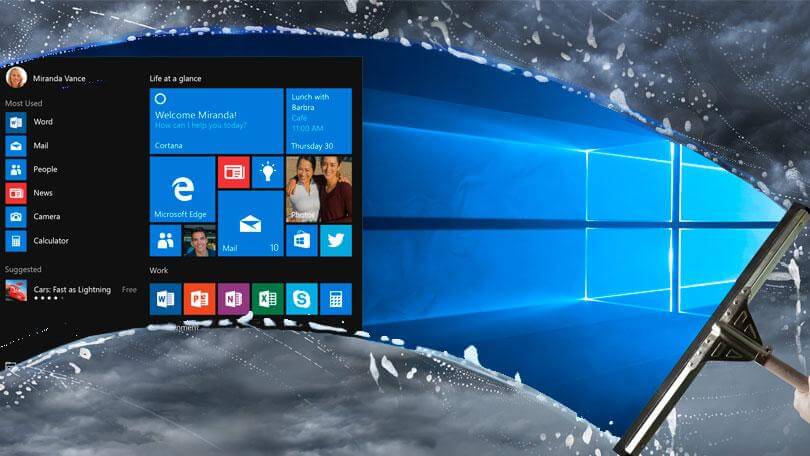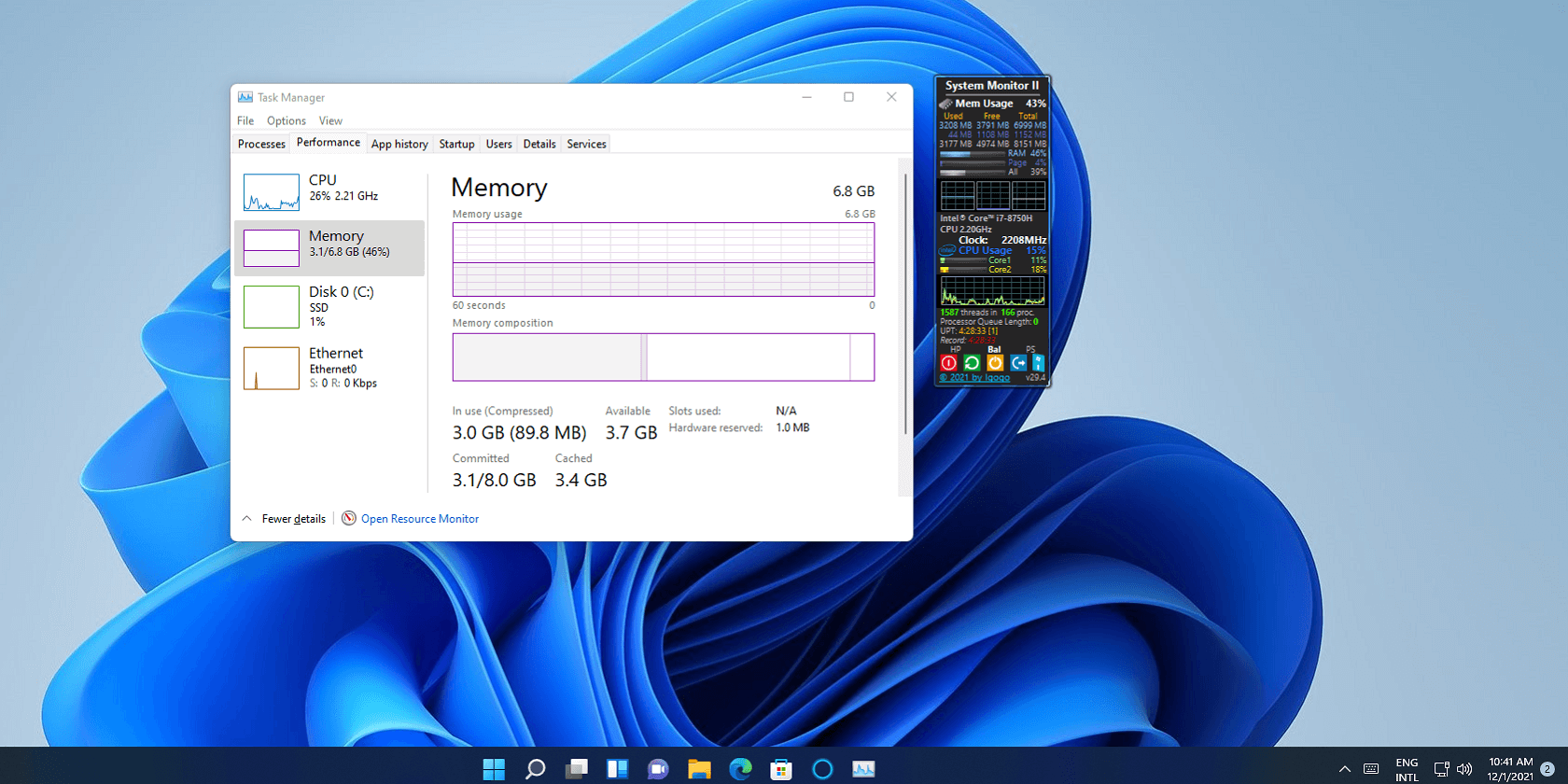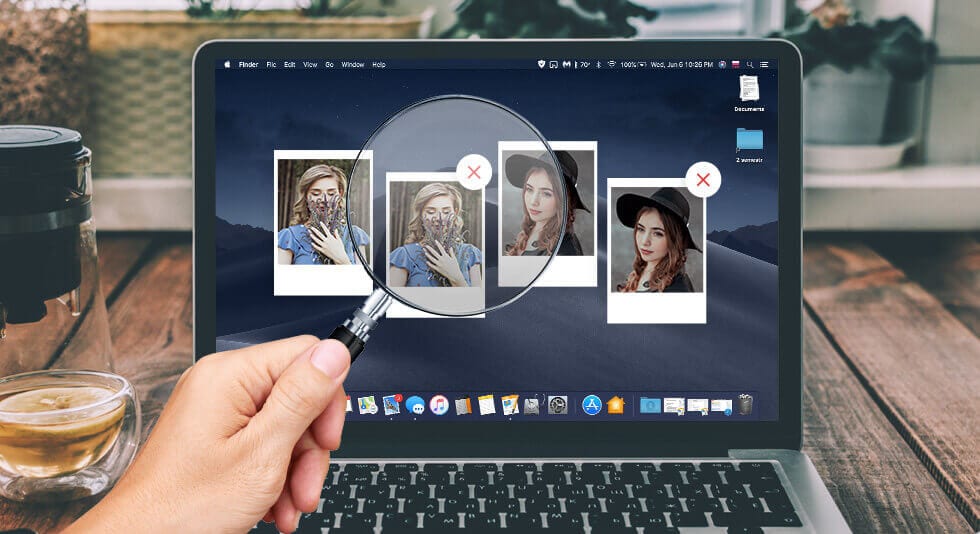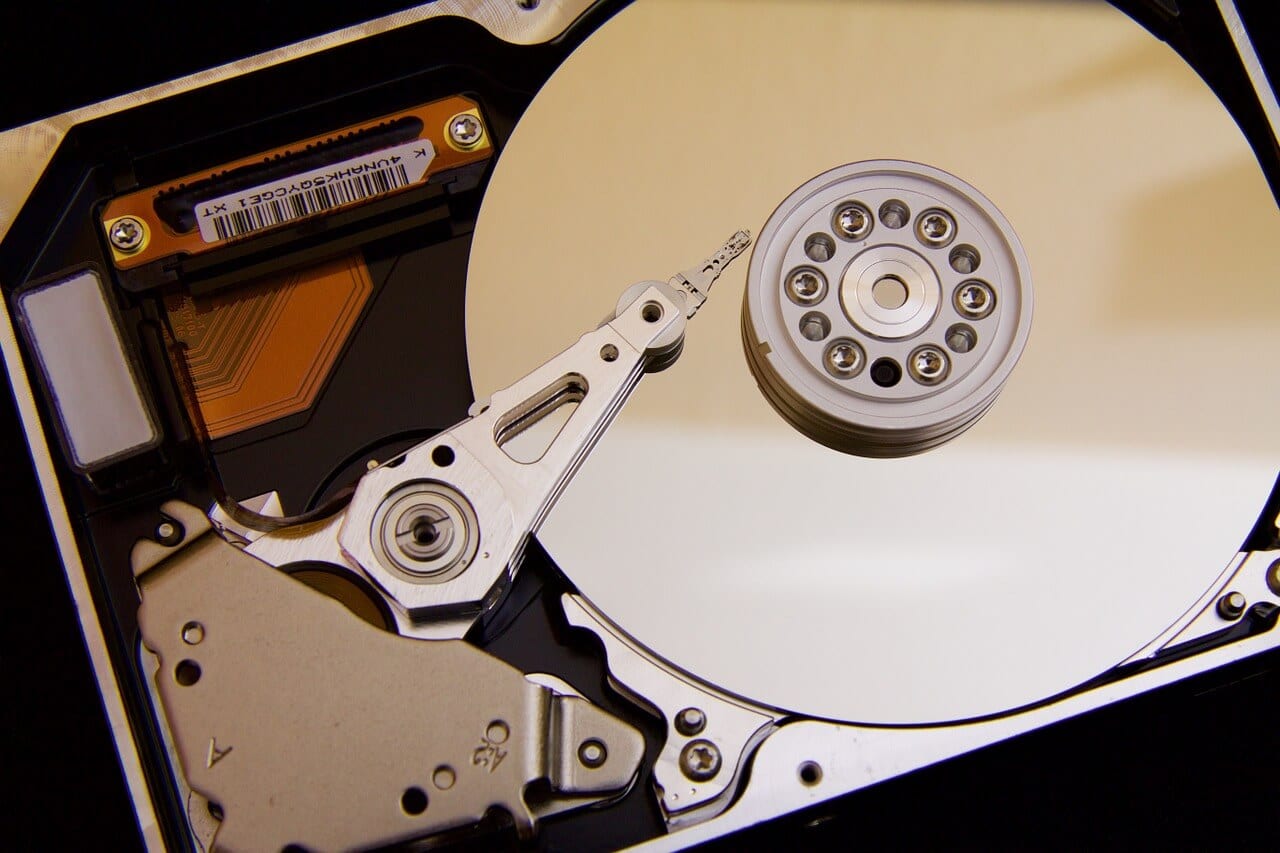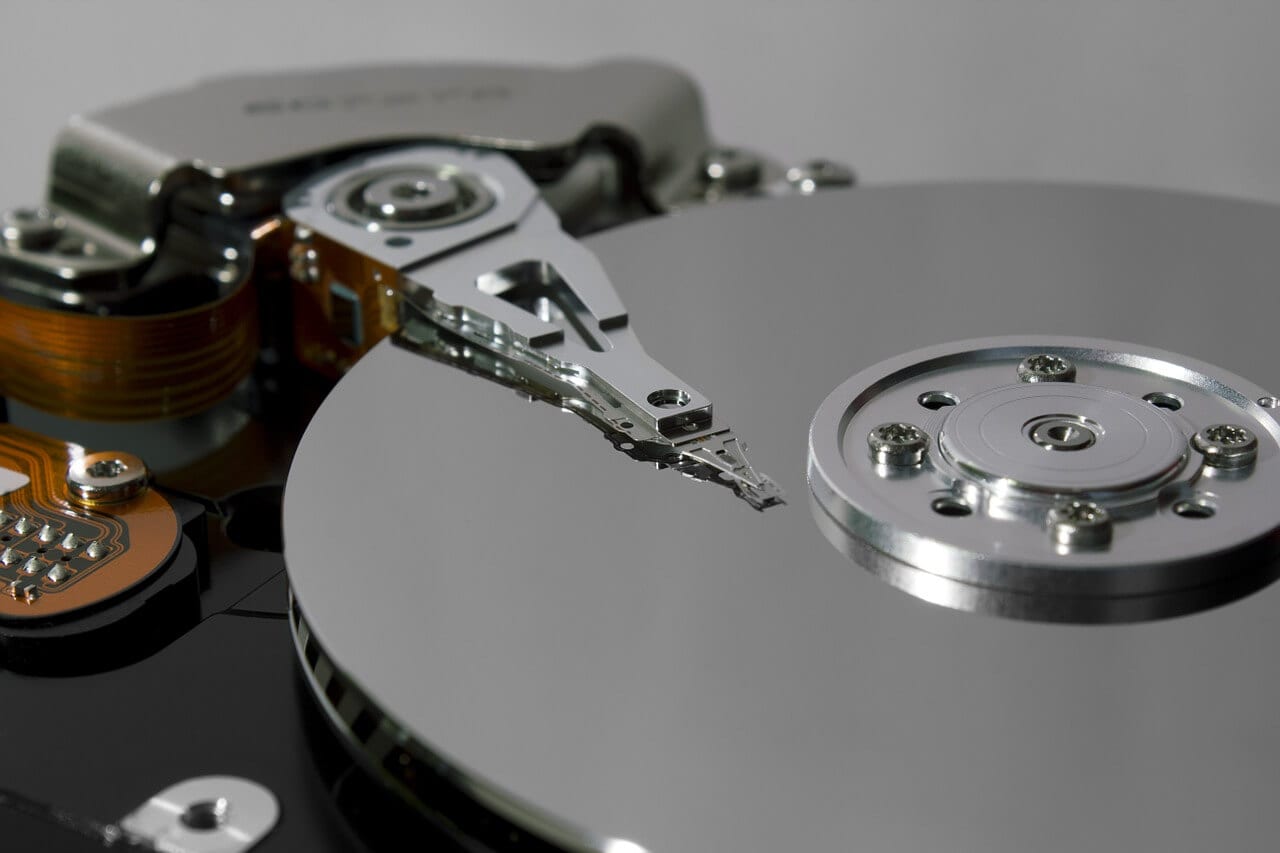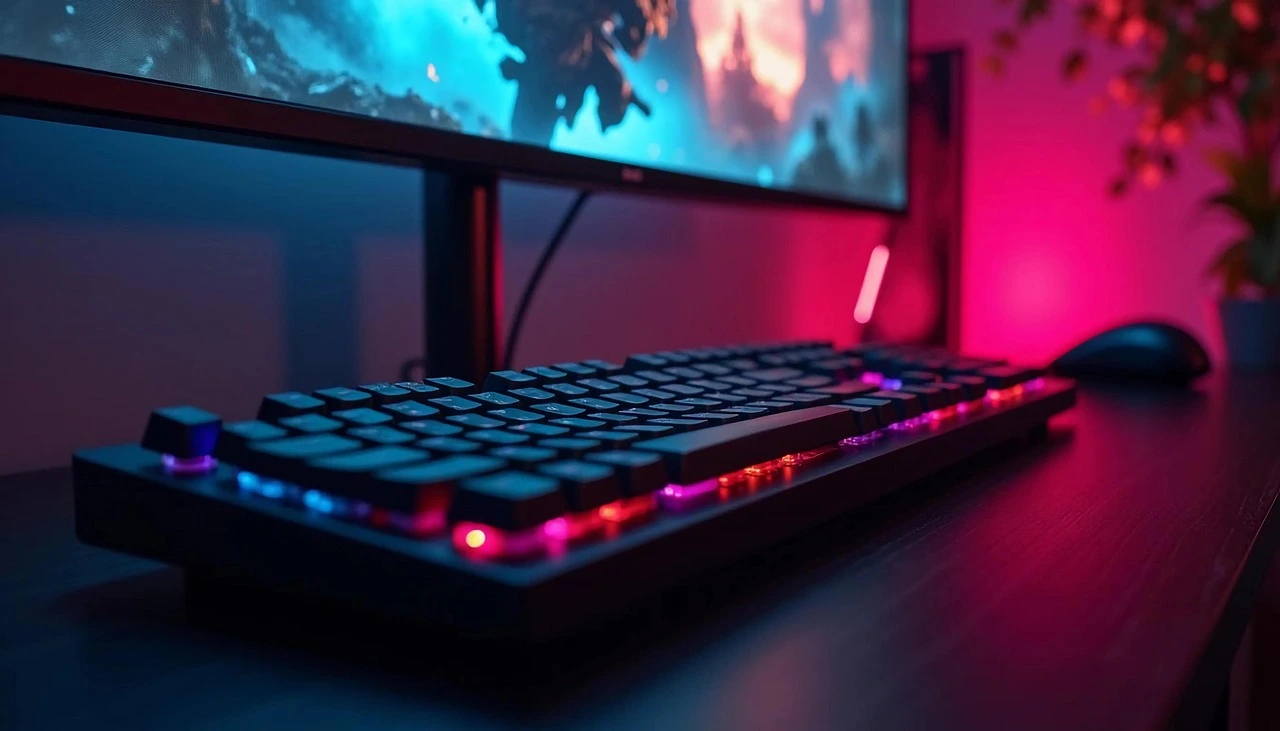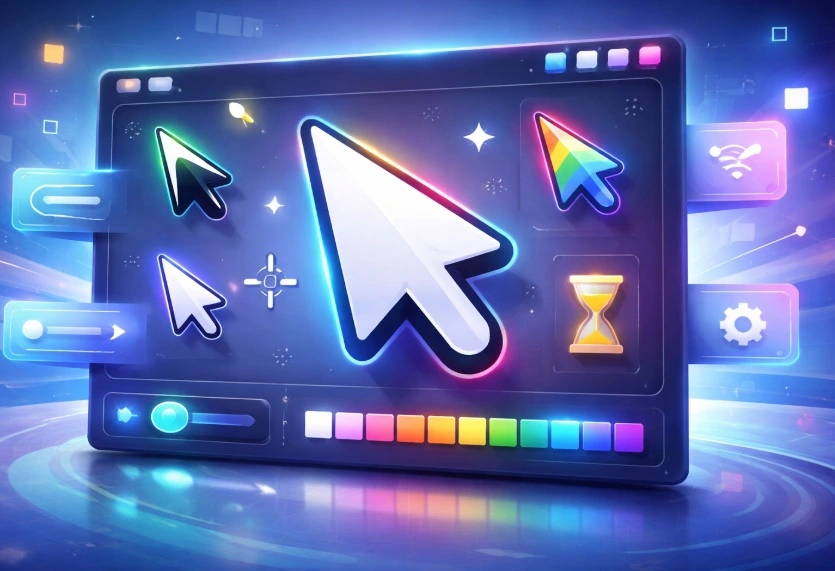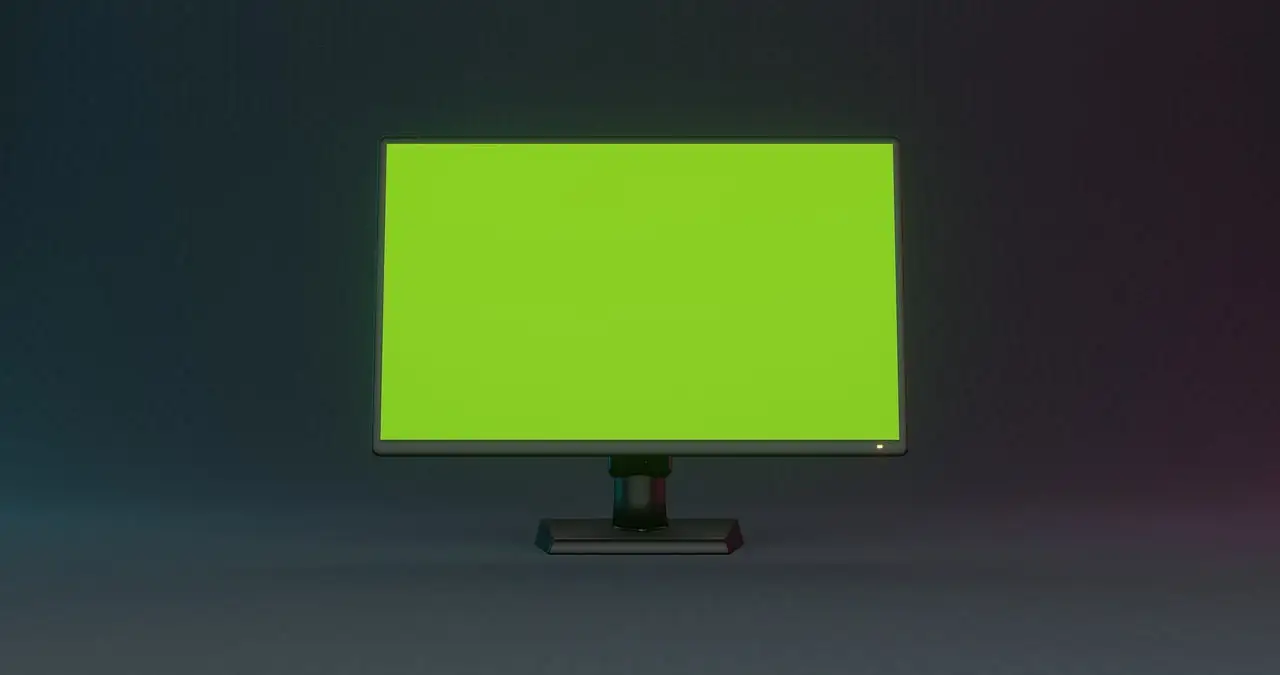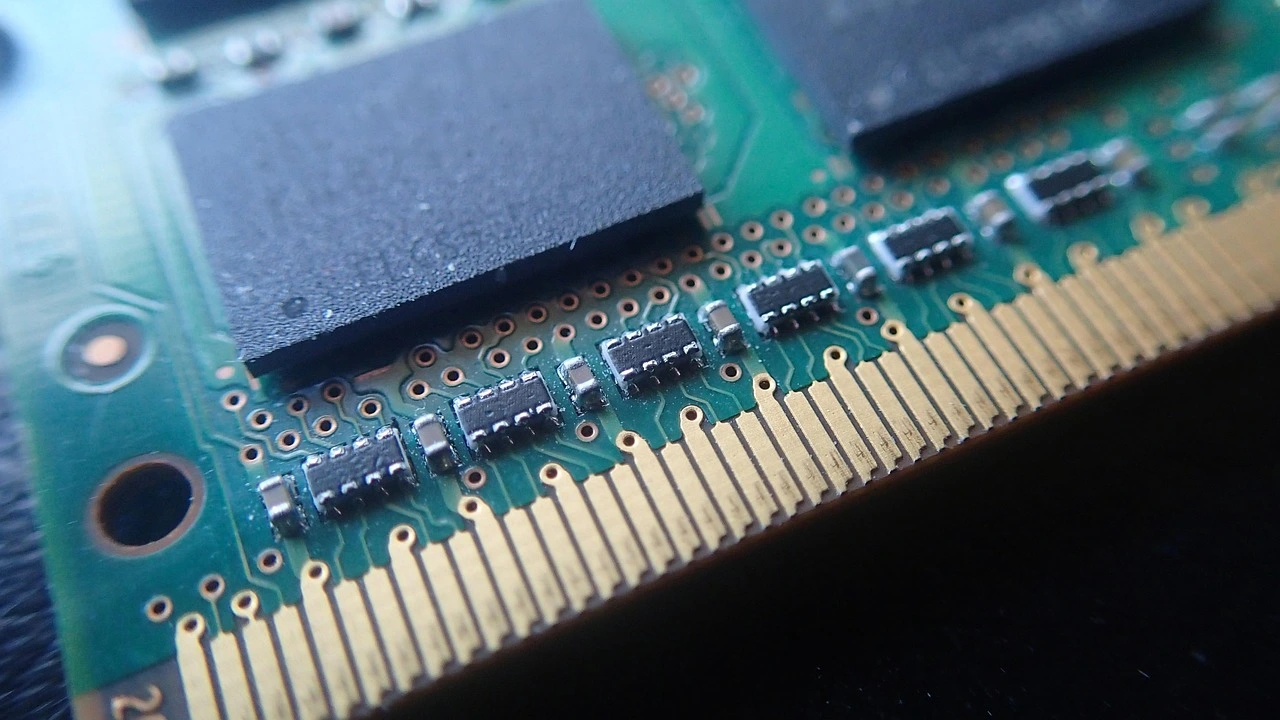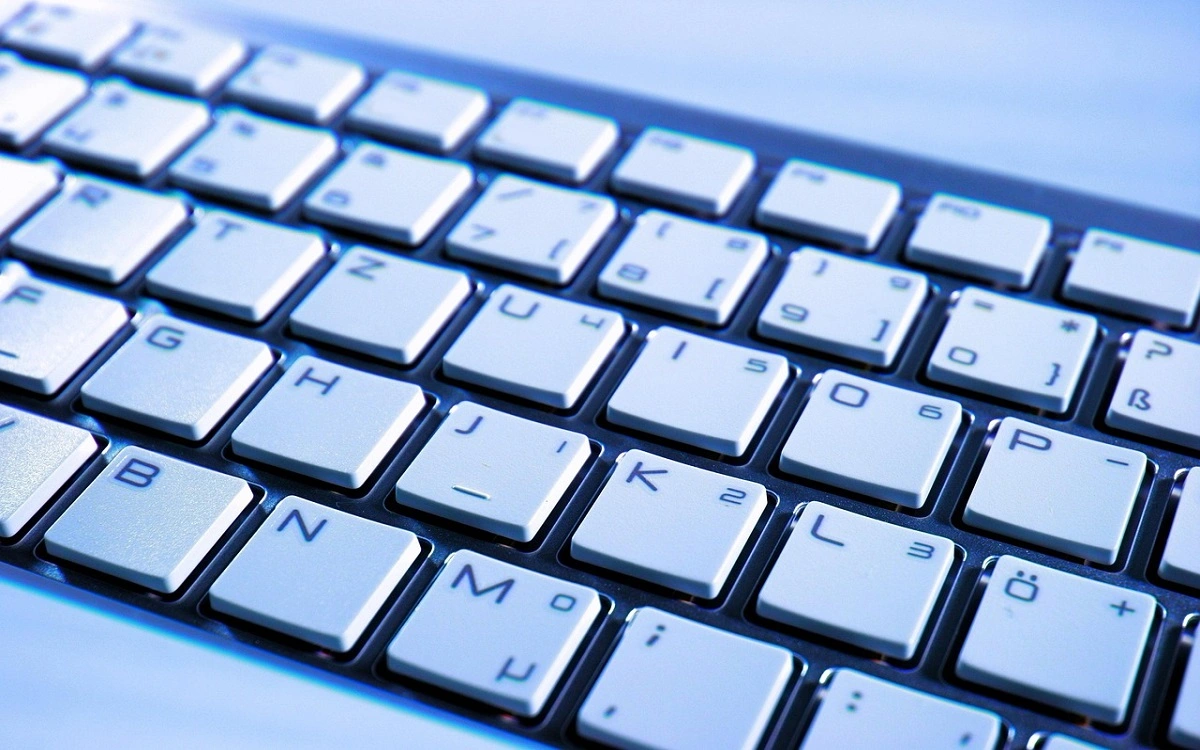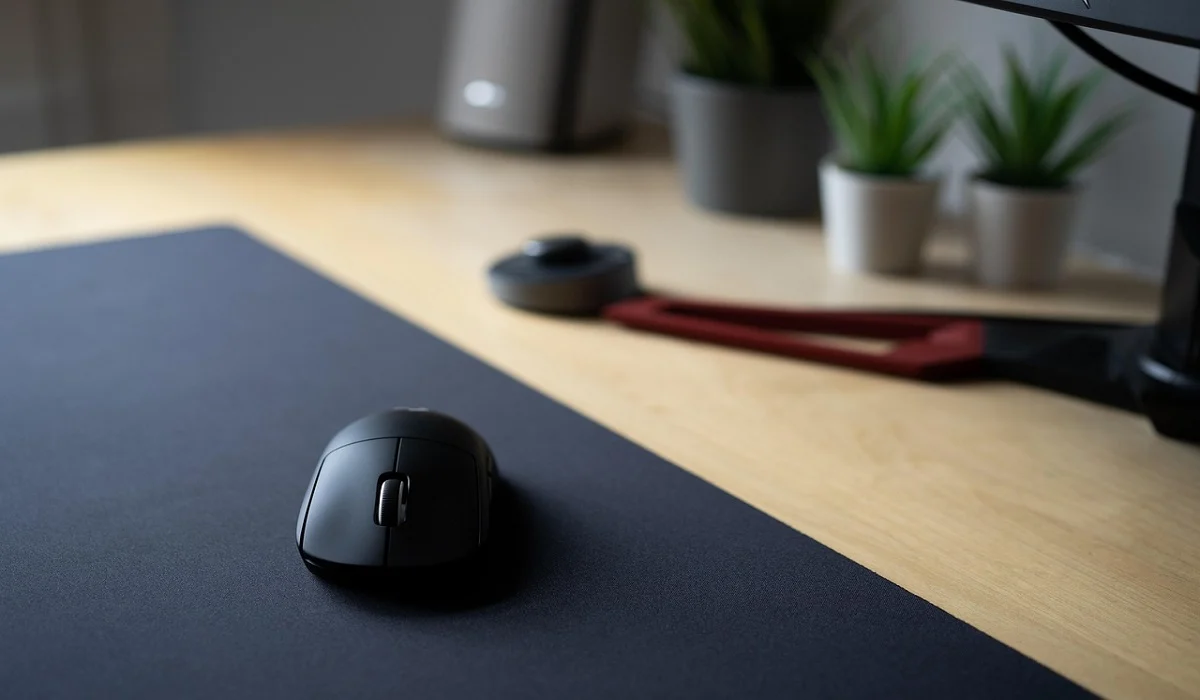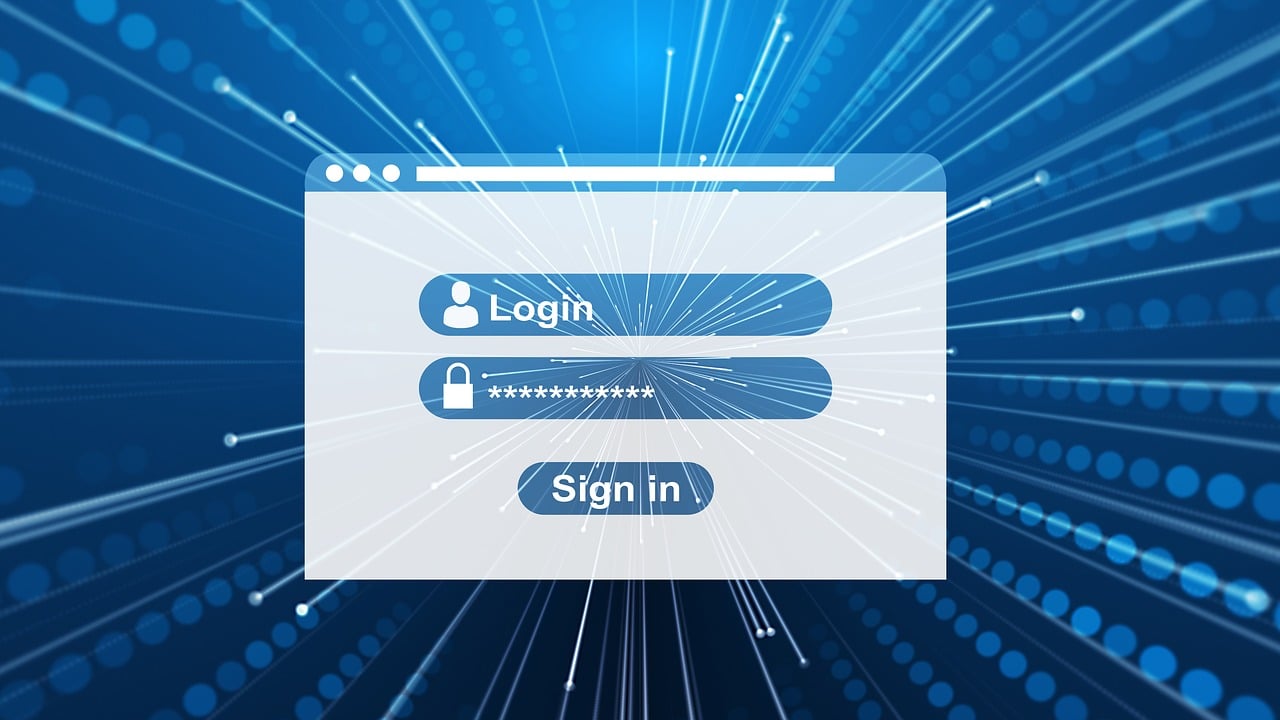How To Activate/Enable Scanner On This PC Windows 11/10 [2026]
Many people struggle with scanner setup on their computers. Learning how to enable scanner on this PC can seem tricky at first. But it’s actually quite simple once you know the right steps.
Scanners are useful devices for digitizing documents and photos. They help you create digital copies of important papers. Knowing how to activate the scanner on this PC will save you time and effort. This guide will walk you through the entire process step by step.
How To Activate/Enable Scanner To This PC: Quick Fix
The fastest way to get your scanner working is through Windows settings. Most scanner connection issues can be solved with basic troubleshooting steps. Here’s how to enable scanner on this PC using the quickest method.
Step 1: Connect your scanner to your PC using a USB cable. Make sure both devices are powered on.
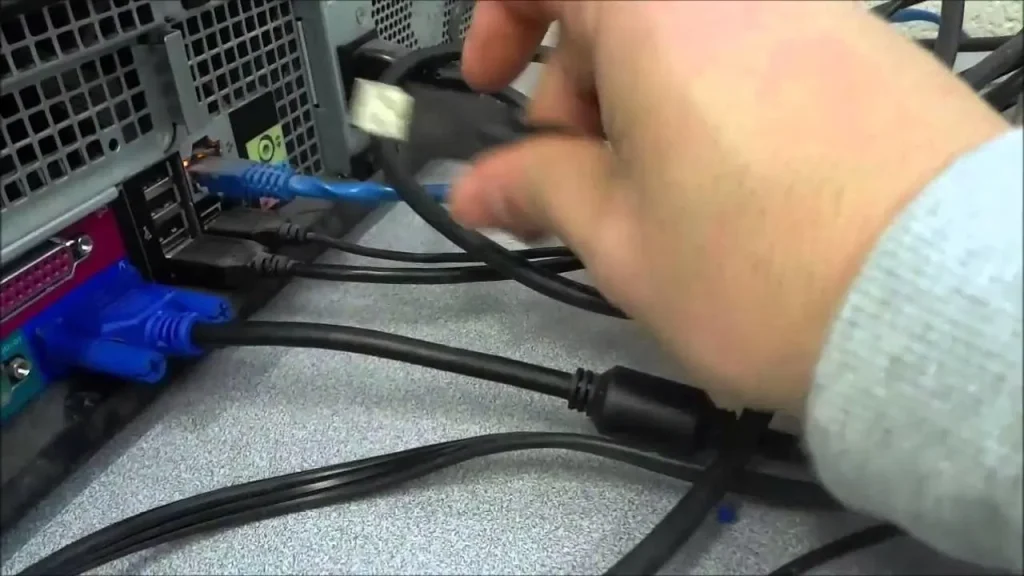
Step 2: Go to Settings > Devices > Printers & Scanners. Click “Add Device” and wait for your device to appear.
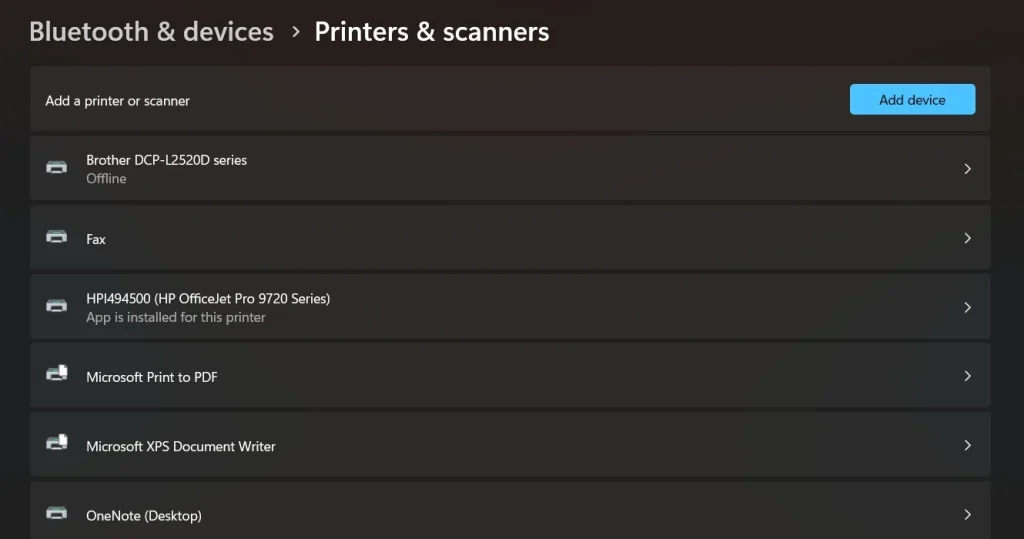
Step 3: Select your scanner from the list and click “Add device.” Windows will automatically install the necessary drivers.
Still Facing an Issue? Reasons Why Scanner Is Not Connecting To PC
Sometimes the quick fix doesn’t work for everyone. There can be several reasons why your scanner won’t connect properly. Driver issues, hardware problems, or Windows settings might be causing the trouble. Understanding these issues will help you find the right solution for how to activate the scanner on this PC.
8 Ways To Fix Scanner Not Connecting Issue
1. Update Scanner Drivers
Outdated drivers are the most common cause of scanner problems. Windows might not recognize your scanner without proper drivers. Installing the latest drivers usually solves most connection issues.
Driver problems can prevent your scanner from working correctly. Old or corrupted drivers make it impossible for Windows to communicate with your scanner. Getting fresh drivers from the manufacturer’s website often fixes these issues.
Precautions before performing the steps:
- Write down your scanner model number
- Ensure a stable internet connection
Step 1: Visit your scanner manufacturer’s website and download the latest drivers for your model.
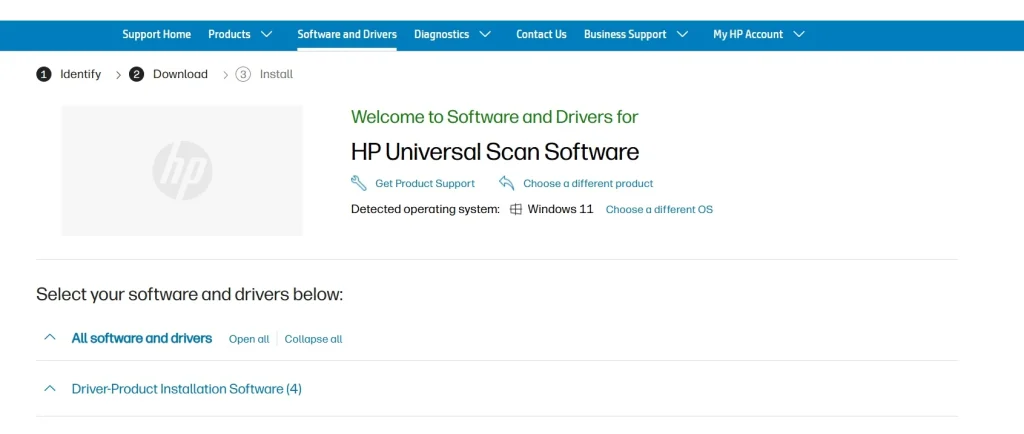
Step 2: Run the driver installer and restart your computer when prompted.
2. Check USB Connections
Loose or damaged USB cables can cause connection failures. Poor connections prevent proper data transfer between devices. This is often overlooked but can be the root cause of scanner issues.
USB ports can also malfunction over time. Dust and debris might block proper connections. Testing different ports helps identify hardware problems with your PC.
Precautions before performing the steps:
- Turn off both the scanner and the PC before checking cables
- Handle cables gently to avoid damage
Step 1: Unplug the USB cable and inspect it for visible damage or bent connectors.
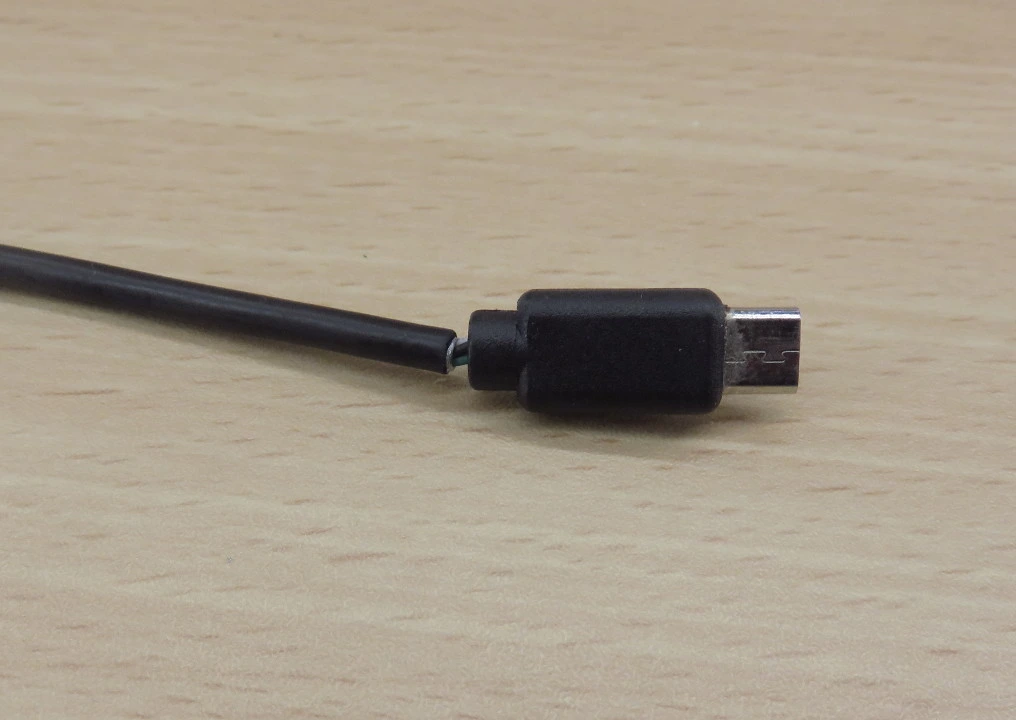
Step 2: Try connecting the scanner to a different USB port on your computer.
3. Run Windows Troubleshooter
Windows has built-in tools to diagnose scanner problems. The troubleshooter can automatically detect and fix common issues. This method works well for basic configuration problems.
The troubleshooter checks system settings and driver installations. It can reset scanner settings to default values. Many users find that this solves their scanner connection problems quickly.
Precautions before performing the steps:
- Close all scanner-related programs
- Save any important work before running the troubleshooter
Step 1: Go to Settings > Update & Security > Troubleshoot > Additional troubleshooters.
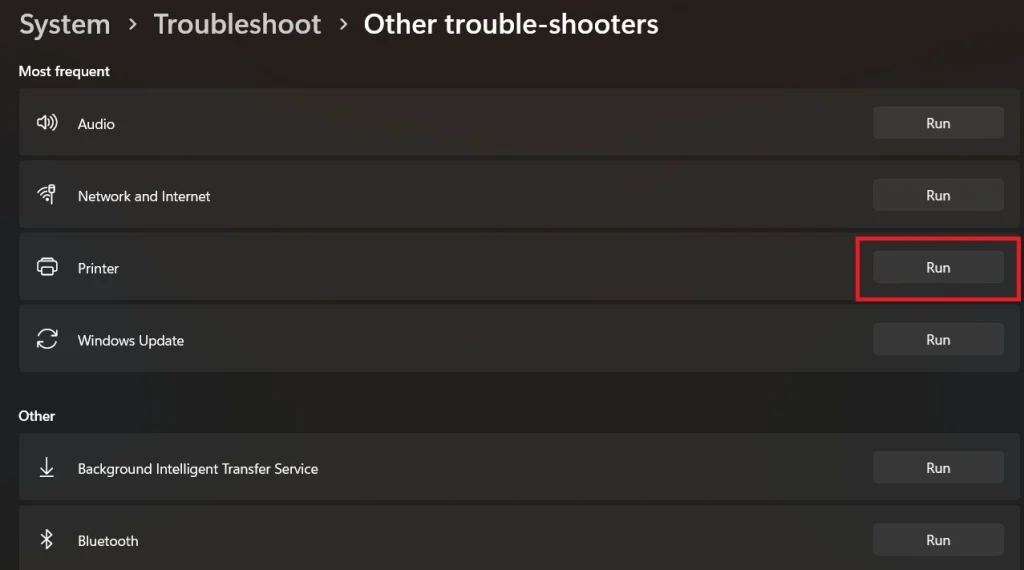
Step 2: Select “Printer” troubleshooter and follow the on-screen instructions.
4. Restart Scanner Services
Windows scanner services might stop running properly. These services handle communication between your scanner and computer. Restarting them can restore normal scanner functionality.
Service conflicts can occur when multiple programs try to access the scanner. Restarting services clears these conflicts and resets connections. This method often works when other solutions fail.
Precautions before performing the steps:
- Close all scanning applications
- Note down which services you’re restarting
Step 1: Press Windows + R, type “services.msc” and press Enter.
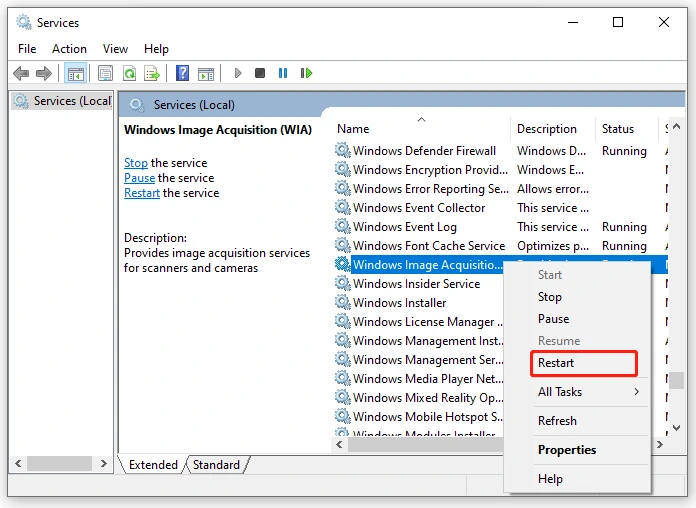
Step 2: Find “Windows Image Acquisition (WIA)” service, right-click it, and select “Restart.”
5. Check Scanner Power and Settings
Scanner power issues can prevent proper connection. Some scanners have separate power buttons or switches. Checking these basic settings often solves connection problems.
Scanner settings might be configured incorrectly. Connection modes or interface settings could be wrong. Resetting scanner settings to factory defaults helps eliminate configuration issues.
Precautions before performing the steps:
- Refer to your scanner’s user manual
- Note current settings before making changes
Step 1: Ensure your scanner is properly plugged into power and turned on.
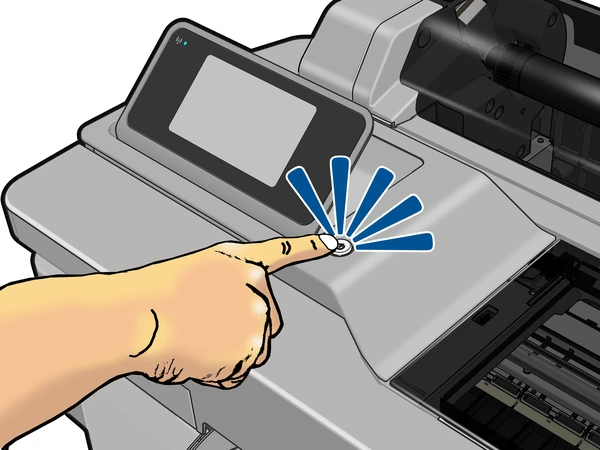
Step 2: Check scanner menu settings and reset to factory defaults if available.
6. Disable Antivirus Temporarily
Antivirus software sometimes blocks scanner drivers. Security programs might see scanner software as suspicious. Temporarily disabling antivirus software can help identify if it’s causing the problem.
Firewall settings can also interfere with scanner communication. Some security programs block USB device connections. Testing with disabled security helps isolate the issue.
Precautions before performing the steps:
- Only disable the antivirus temporarily
- Disconnect from the internet during testing
Step 1: Right-click your antivirus icon and select “Disable protection” temporarily.
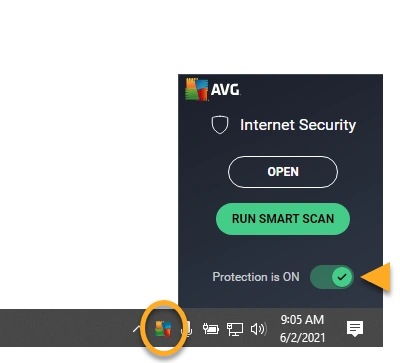
Step 2: Try connecting your scanner again and see if it works.
7. Reinstall Scanner Software
Corrupted scanner software can cause persistent connection issues. Complete removal and fresh installation often solves stubborn problems. This method clears all previous installation errors.
Registry entries from old installations might conflict with new drivers. Clean software installation removes these conflicts. Many scanner problems disappear after proper software reinstallation.
Precautions before performing the steps:
- Back up important scan settings if possible
- Download fresh software before uninstalling
Step 1: Go to Control Panel > Programs and uninstall all scanner-related software.
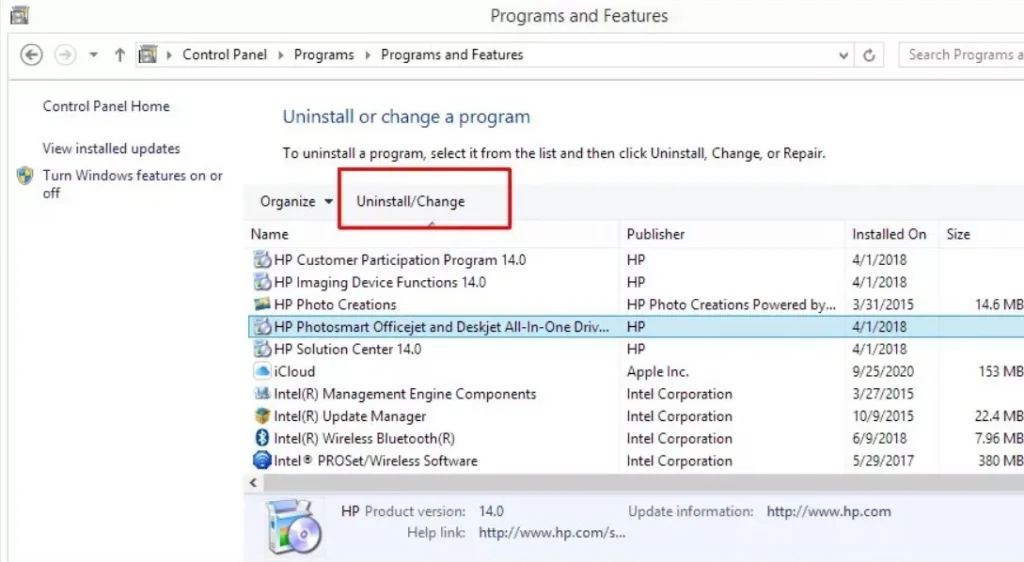
Step 2: Download and install the latest scanner software from the manufacturer’s website.
8. Check Windows Updates
Missing Windows updates can cause hardware compatibility issues. Microsoft regularly releases updates that improve device support. Installing updates often fixes scanner recognition problems.
System updates include new drivers and bug fixes. These updates can resolve conflicts between Windows and scanner hardware. Keeping Windows updated prevents many scanner issues.
Precautions before performing the steps:
- Ensure a stable internet connection.
- Close important applications before updating.
Step 1: Go to Settings > Update & Security > Windows Update.
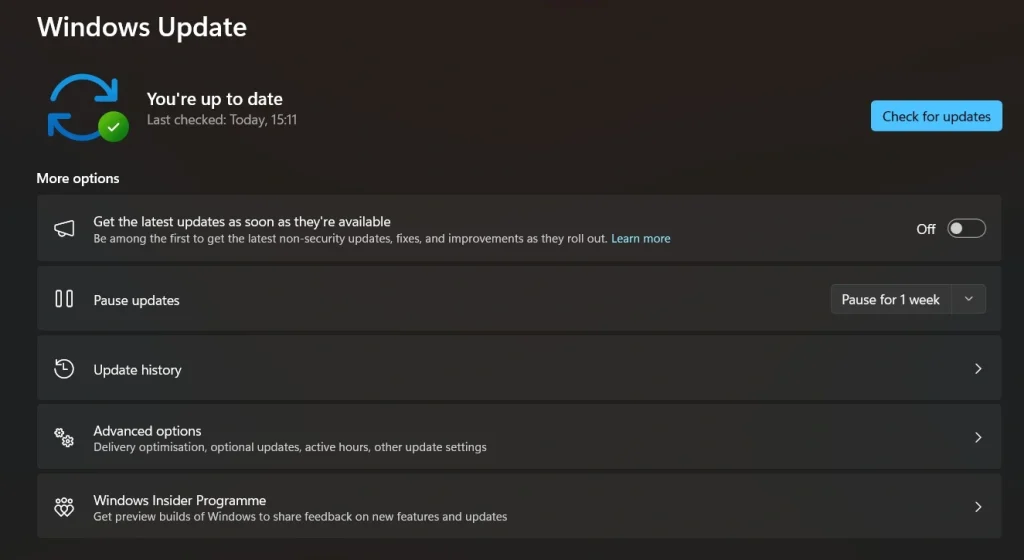
Step 2: Click “Check for updates” and install any available updates.
Author’s Tip
Getting your scanner to work doesn’t have to be complicated. Most scanner issues come from simple connection problems or outdated drivers. The key is to work through solutions systematically until you find what works.
We recommend starting with the quick fix method first. This solves most scanner problems without complex troubleshooting. If that doesn’t work, move through the other solutions one by one. Don’t try multiple fixes at once, as this can create new problems.
Remember that scanner technology is generally reliable. Most connection issues have simple solutions. With patience and the right approach, you can get any scanner working with your PC. Keep your drivers updated and maintain good cable connections for the best results.
Conclusion
Learning how to enable scanner on this PC is essential for modern computer users. Scanners help digitize important documents and preserve memories. With the right knowledge, anyone can set up and maintain a scanner connection.
Remember that knowing how to activate the scanner on this PC saves time and frustration. Keep this guide handy for future reference. With proper setup and maintenance, your scanner will provide years of reliable service. Don’t hesitate to seek professional help if these solutions don’t work for your specific situation.
FAQs:
Q1: Why won’t my scanner connect to Windows 10?
Scanner connection issues in Windows 10 usually stem from driver problems or USB connection failures. First, check if your USB cable is properly connected and not damaged. Try using a different USB port on your computer.
Download the latest drivers from your scanner manufacturer’s website. Many older scanners need specific drivers for Windows 10 compatibility. Run the Windows troubleshooter for printers and scanners from Settings.
Q2: How do I know if my scanner drivers are outdated?
Outdated scanner drivers show several warning signs that are easy to identify. Your scanner might not appear in the device list when you try to scan. Error messages about device not found or driver missing are common indicators. Scanning might work but produce poor quality results or strange colors. Check Device Manager for yellow warning triangles next to your scanner.
Q3: Can I use my scanner without installing special software?
Yes, Windows includes basic scanning functionality that works without additional software installation. The built-in Windows Scan app can handle most basic scanning tasks effectively. Windows Fax and Scan is another built-in tool that works with most scanners. These programs offer basic features like resolution selection and file format options.
However, manufacturer software usually provides advanced features like OCR, multi-page scanning, and image enhancement. Generic Windows drivers might not support all scanner features like automatic document feeders.
Popular Post
Recent Post
Keyboard Light Settings: Keyboard Lighting Control [Complete Guide]
Keyboards are no longer simple typing tools. Well, yes! Over time, they have evolved to include features that improve comfort, visibility, and overall experience. One of the most useful features today is keyboard lighting. It helps users work comfortably in low-light conditions. It also reduces strain when typing for long hours. Many users first notice […]
Customizing Pointer Appearance: Complete Guide
The way your mouse pointer looks on your computer may seem like a small detail. But customizing pointer appearance can make using your PC more comfortable and visually appealing. Many users do not realize that they can change the pointer size, color, and style to fit their needs. Whether you want a bigger pointer for […]
How To Choose a Computer Monitor: Monitor Buying Guide
Buying a monitor looks easy. Many people think all screens are the same. That belief causes regret later. A monitor is not just a display. It is a daily tool. You read on it. You work on it. You relax with it. Small problems become big over time. Poor brightness hurts eyes. Bad size causes […]
How To Get Help With File Explorer in Windows 11 [Complete Guide]
File Explorer is one of the most important tools in Windows 11. It is used to open folders, view files, and manage stored data. Almost every action on a Windows computer depends on it in some way. When users open documents, save downloads, or organize photos, File Explorer is always involved. Because it is used […]
How To Fix A Frozen Computer: Complete Guide [Windows 11/10]
A frozen computer is one of the most common problems Windows users face. The screen stops responding. The mouse pointer does not move. Keyboard inputs do nothing. You may hear the fan running loudly. Sometimes the system looks alive, but nothing works. This situation often happens when you are busy or working on something important. […]
How to Upgrade Computer RAM: Complete Guide
Upgrading RAM is one of the simplest ways to improve a computer. It helps the system feel faster and smoother. Apps open quicker. Browsers handle more tabs. Games and tools run with less delay. Many users search for how to upgrade computer RAM because it gives real results without high cost. You do not need […]
How To Clean Your Computer Keyboard: Complete Guide
A computer keyboard is touched more than almost any other device you own. It is used during work, study, gaming, and casual browsing. Fingers carry natural oils, sweat, and dirt. Small food crumbs fall between keys without notice. Dust settles each day slowly. Over time, this creates a hidden layer of grime. Many users do […]
Computer Mouse Buying Guide for Beginners and Advanced Users
Buying a mouse looks easy at first. Many people think all mouse work the same way. Well, that idea often leads to regret later. A mouse affects comfort, speed, and daily work. It matters for office tasks, gaming, design, and study. The right choice reduces strain and improves control. The wrong one feels annoying every […]
How To Overclock a Computer: A Complete Guide
Overclocking is the process of making your computer run faster than its factory settings. It mainly affects the processor, graphics card, and sometimes memory. Many people choose this method to improve performance without buying new hardware. It is popular among gamers, video editors, and users who run heavy software. When done properly, overclocking can give […]
How To Find Password Saved on This Computer: Complete Guide
Many people forget their login details at some point. It happens often. We create many accounts every year. Each one needs a username and a password. Over time, it becomes hard to remember all of them. That is why computers offer ways to store login details. These saved details help users sign in faster. They […]
